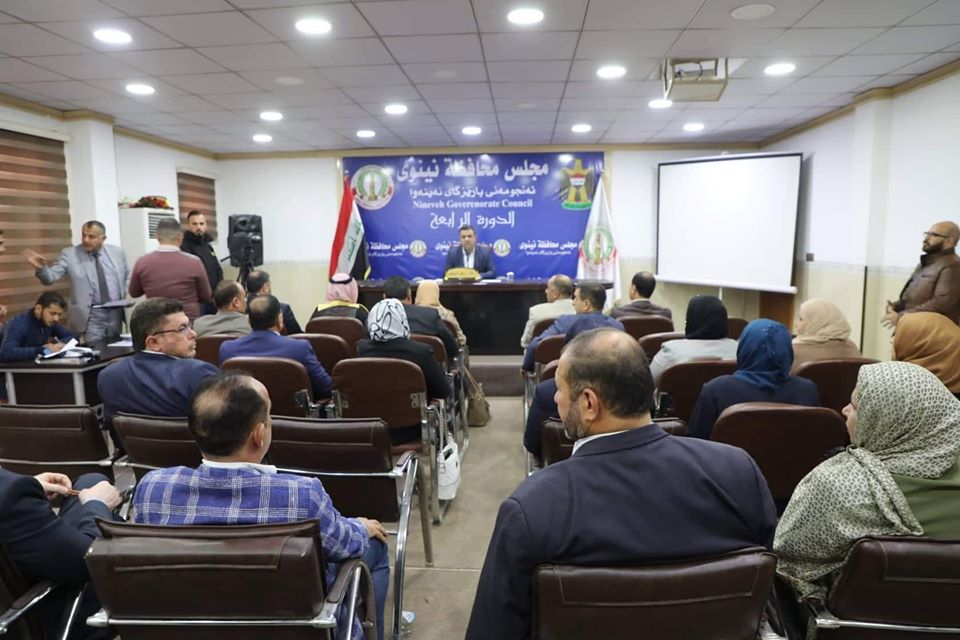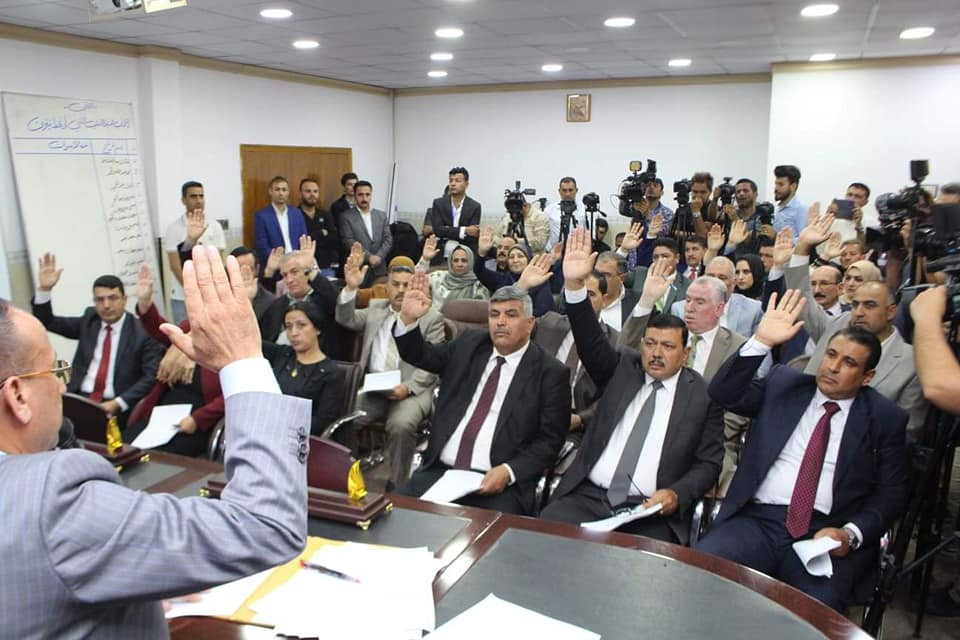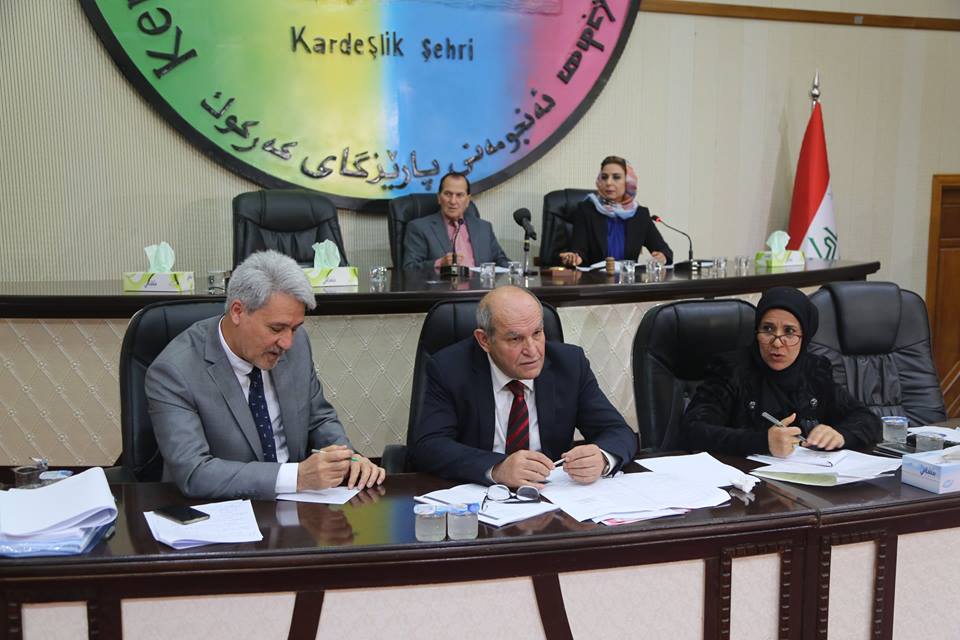The Iraqi Council of Representatives have tried twice to dissolve the Iraqi provincial councils as a response to the nationwide protests, especially in the capital city of Baghdad, however, the Iraqi Supreme Court is yet to approve the dissolvement.
The Iraqi Parliament voted to dissolve provincial councils in a majority vote on October 28, 2019. Soon after, the votes brought great condemnations and were appealed in the Supreme Court.
On the occasion of amending provincial electoral law number 3 of 2018, the council added the dissolvement of the elected local bodies to the amendment.
The Supreme Court has met and held hearings on the matter. It has rejected lawsuit files against the vote and has postponed its final decision to March 9, 2020.
“We are waiting for the finalization of the case, either the provincial councils continue their works or their members get retired,” Jamal Mawlud, acting head of dissolved Kirkuk provincial council said.
Mawlud explained that they are not ready to give back the government properties they have received if dissolvement of the councils are not decided upon.
“If it is not decided, then we are not ready to give back vehicles and offices provided to us,” said Mawlud.
We are not ready to give back vehicles and offices provided to us
When parliament voted to dissolve the provincial councils, several law suits were filed and Mawlud considers that their council has been suspended, not dissolved and they are waiting for the court to determine.
On November 17, 2019, the Supreme Court responded to the lawsuits and stated that they no longer matter because the parliament has passed the bill into a law which has been added to the lately amended provincial electoral laws.
Khdir Ilyas, a member of the Nineveh’s dissolved provincial council, said, “we have filed a lawsuit against the decision and we consider it as a political and wrong decision.”
The court once more issued a statement on January 20, 2020, stating that it will examine the decision to dissolve the councils again in accordance with the amended electoral laws and sending two questions to the speaker of parliament to further discuss and investigate into the dissolvement.

The court’s first question requires clarifications on “ending the works of the provincial councils ” phrase stated in their bill.
The second question is about reassurance of holding provincial council elections date which is set to happen on April 1, 2020.
In the lawsuits, it has been demonstrated that law number 21 of 2008 of provincial councils duties sets four years as one term of office and according to the same law’s amendment, the term will continue until a new election is held and its results are announced.
The election of the provincial councils took place in 2013. In June, the Iraqi High Electoral Commission (IHEC) requested parliament to approve postoning the elections to April 1, 2020, and, consequently, the parliament approved; however, the government delayed the elections until further notice last December.
The local bodies members have neither been paid for the last three months nor have they been able to provide documents to get retired.

Each member receives nearly two million and 300 thousand Iraqi dinars ($1,900) and another additional 600 thousand ($500) for transportations.
Najat Hussein, a member of the dissolved provincial council of Kirkuk, criticizes the parliament that it has not been able to take actions that would determine the fate of the members.
Jamal Kochar, a member of finance committee of parliament, stated that if the Iraqi Supreme Court eventually approves the dissolvement of the councils, then the members who are over 60 old years or those who are 45 old years and have 15 years of service, can get retired based on the Iraqi retirement law.
The dissolvement is pending; it has deprived local bodies of holding authorities to oversee the provincial affairs including the implementations of hundreds of projects.
According to law number 12 of amended 2018 provincial electoral laws, the governors and other administrative bodies will remain in place until the next local elections which still lacks a date. Likewise, during that period, the administrations of the provinces will be monitored by the parliament.





